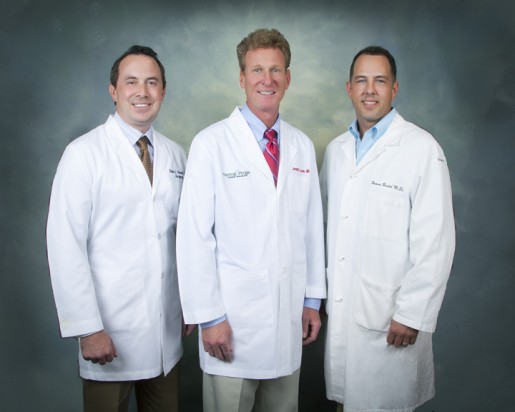No doubt, the dreaded “P” word can conjure up mild apprehension. We are talking, of course, about “prep”, the oh-so necessary process prior to a colonoscopy. Everyone has heard stories about it, maybe even experienced it with a prior procedure. It’s OK if you’re beginning to get a nervous knot in your stomach at the mere thought of “prep”, but we’re here to tell you times have changed, and that usually means things get better, more informed. Such is the case with “prep”.
You made the appointment. You’ve completed the hardest part.
Of course, the benefit of having a colonoscopy to check for polyps or any other potentially cancerous abnormalities within the digestive tract far outweighs the very temporary inconvenience of its “prep”. Fortunately, ongoing advancements of “prep” methods over the past few years have provided more patient-friendly approaches that make “prep” – excuse the pun – easier to swallow.
One example is the evolution away from the high volume (upwards of 12 liters) liquid solutions that had to be consumed, to the more current method of combining liquids and laxatives in a timed regimen. Another common approach is the “split” prep, where half of the regimen is consumed the day before the colonoscopy and the second half on the day of the colonoscopy. Your doctor will discuss what approach is best for you, as well as provide detailed, easy to follow written instructions for the “prep” itself.
An easier process with better results.
As we shared before, welcome side effects from “prep” advancements are an easier process for patients, as well as a higher success rate in achieving a total cleanse of the colon to ensure best screening during the procedure. Many of our patients report the “prep” was much easier than they expected, especially if they experienced their first colonoscopy.
It’s all down hill from here.
With other surgical procedures, things can sometimes get more difficult as each step progresses. With colonoscopy, it’s the opposite. Making the appointment, doing the “prep”; that’s the heavy lifting. By the time your colonoscopy is finished, you will probably have a feeling of “is that it?” Regardless of what your screening reveals, from a practical standpoint, yes, that’s it.
Dr. Joseph Levan, Dr. Robert Howard and Dr. Thomas Beetel of Spring Ridge Surgical Specialists all perform colonoscopy at Surgical Institute of Reading, right next to the offices of Spring Ridge Surgical Specialists in Wyomissing. If you have questions about screening for colon cancer and colonoscopy, please call our offices at 610.375.0500.
– Spring Ridge Surgical Specialists




